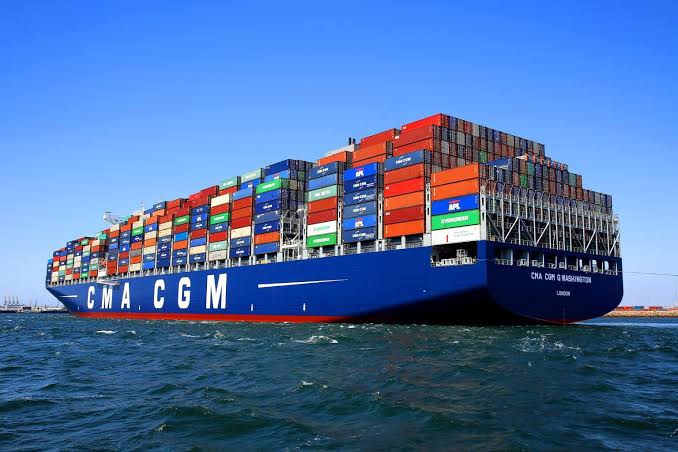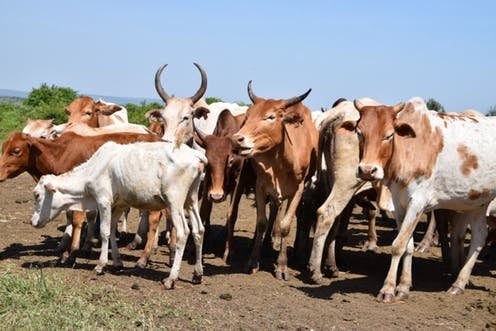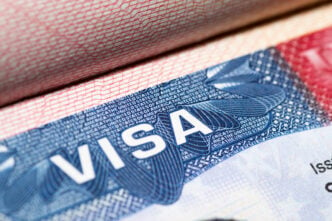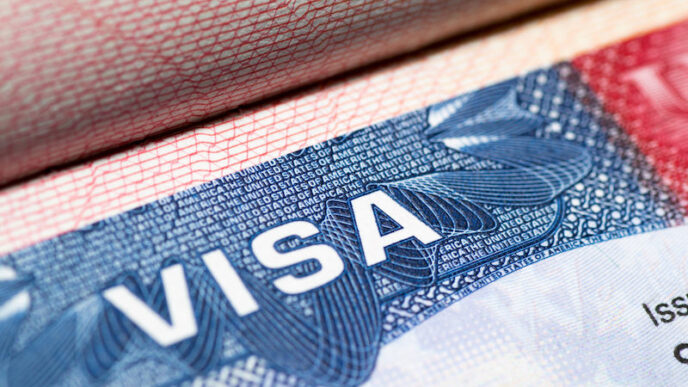BY MUNTASIR ADAMU KANAM
If you ever wondered why the prices of cars, electronics, or even medicines seem to carry an invisible weight in Nigeria, you may want to take a trip – not to the markets in Lagos or Onitsha – but to the high seas. Out there, beyond the coastline, is where some of Nigeria’s most silent economic battles are fought.
Nigeria sits at the heart of the Gulf of Guinea, one of the world’s busiest but also most volatile maritime corridors. It is no exaggeration to say our economy floats on water. More than 90 percent of our trade by volume and 70 percent by value moves by sea. Crude oil, liquefied natural gas, and solid minerals – those we export. Fuel, machinery, foodstuffs – those we import. In short, the ports are our lifeline.
But there is a problem. Our waters have long been branded “high risk.” Piracy, armed robbery, and regional instability have given the Nigerian seas a bad reputation. And in global trade, reputation costs money. The penalty? War risk insurance premiums. Every vessel calling at Nigerian ports must pay this extra surcharge. Between 2021 and 2024, importers coughed out roughly $1.5 billion on this invisible tax.
Advertisement
This is not just a shipping matter. It is a national pocket issue. The costs are passed down. Import-dependent industries – like pharmaceuticals and technology – bear the brunt. Ordinary consumers pay more for goods. Some shipping lines avoid us altogether. And investors think twice.
What Exactly Is War Risk Insurance?
Think of it as an extra padlock. Shipowners already pay for normal insurance – hull and machinery, protection and indemnity. But once their vessels head into waters marked “war risk areas,” insurers demand another layer of protection.
Advertisement
Premiums are calculated in different ways: sometimes as a percentage of the vessel’s insured value, sometimes as a flat fee. It depends on factors such as:
-
Nigeria’s “war risk” classification
-
Threat assessments by underwriters
-
Frequency of port calls
Advertisement -
Cargo type and ship design
The simple truth is this: the riskier Nigeria looks, the costlier it becomes to ship to Nigeria.
NIMASA’s Counter-Attack
To its credit, the Nigerian Maritime Administration and Safety Agency (NIMASA) has been working to change the narrative. Its Deep Blue Project deployed surveillance systems, patrol assets, and new security protocols to reassure insurers. Nigeria has also been lobbying to get the “war risk” label lifted.
Advertisement
But the global shipping industry is not easily convinced. Insurers rely heavily on international conventions and private contractual clauses. Nigerian law does not directly codify war risk obligations, so the likes of the Baltic and International Maritime Council (BIMCO) fill the gap. Their 2025 war risk clauses are now the gold standard. For Nigerian shipowners, charterers, cargo owners, and lawyers, keeping up with these clauses is not just paperwork; it’s survival.
What Should Nigeria Do?
Advertisement
Experts say Nigeria’s maritime stakeholders must wake up and smell the salt water. The recommendations are clear:
-
Update contracts: Charterers should revisit their war risk clauses in line with BIMCO 2025.
Advertisement -
Align insurance: Shipowners need to double-check policies and train crews on high-risk navigation.
-
Audit legal documents: Make sure contracts, bills of lading, and insurance policies don’t contradict each other.
Advertisement -
Adopt security benchmarks: Implement BMP5 (2025 edition) – the minimum standard insurers expect.
-
Empower lawyers: Nigerian maritime lawyers must become interpreters of international frameworks and dispute resolvers.
-
Go regional: West African nations must harmonise policies to reduce insurer paranoia and present a united security front.
Why This Matters
This is bigger than shipping. War risk insurance is now a national security and trade policy issue. Elevated premiums inflate business costs, discourage investment in African ports, and undermine intra-African trade. The African Continental Free Trade Area (AfCFTA), meant to break barriers, is being slowed by invisible costs at sea.
Nigeria is at a crossroads. If we cannot secure our waters and rebuild trust with insurers, our role as West Africa’s maritime hub will continue to erode. This is not just about ships docking at Apapa or Tin Can. It is about the cost of bread in Abuja, the price of cars in Kano, and the competitiveness of Nigeria in a global economy where confidence is currency.
The sea may look calm from the shore. But beneath the waves, Nigeria is bleeding money.
Muntasir Adamu can be contacted via [email protected]
Views expressed by contributors are strictly personal and not of TheCable.











